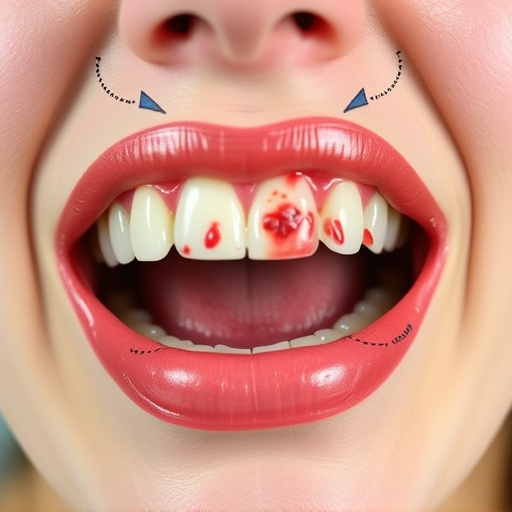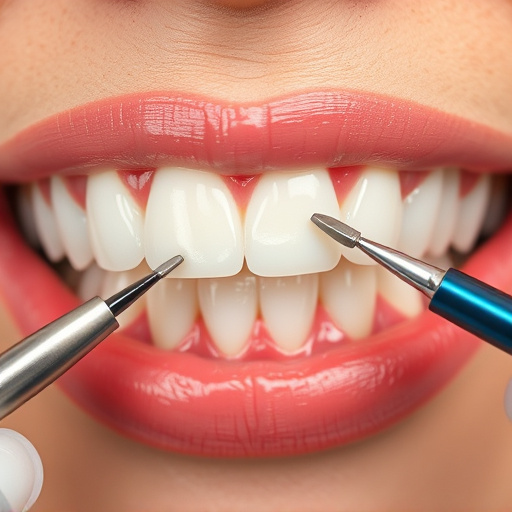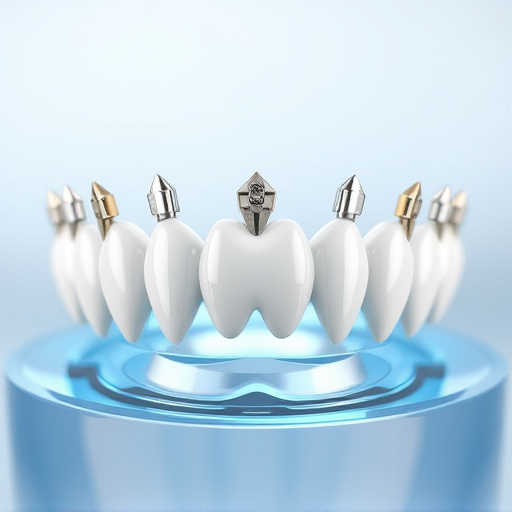Dry mouth, caused by low saliva production from various factors, can lead to oral health issues like bad breath, dental decay, and gum disease if untreated. Solutions include hydration, sugar-free stimulants, artificial salivary glands, dental exams, and lifestyle adjustments like reducing caffeine. Regular dental hygiene and check-ups are key to managing dry mouth effectively for long-term oral health.
Dry mouth, a common yet often overlooked issue, can cause discomfort and impact overall health. This condition, characterized by a lack of saliva, leads to bad breath, a sticky sensation in the mouth, and potential dental problems. In this article, we explore the causes and effects of dry mouth, uncover effective solutions like over-the-counter and prescription options, and provide long-term care strategies for lasting relief. Discover practical tips on how to manage and prevent dry mouth, focusing on proven dry mouth solutions.
- Understanding Dry Mouth Causes and Effects
- Exploring Effective Dry Mouth Solutions
- Long-Term Care and Prevention Strategies
Understanding Dry Mouth Causes and Effects
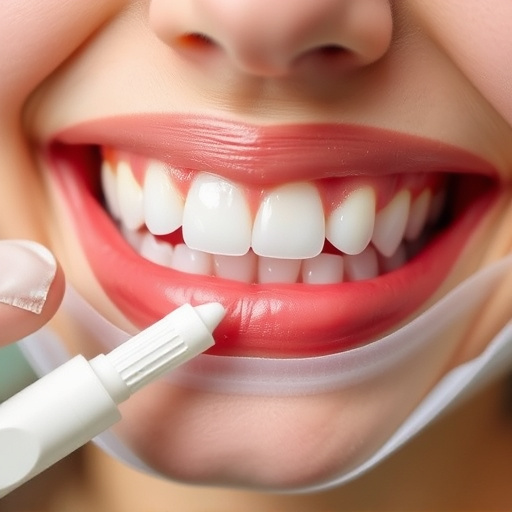
Dry mouth, or xerostomia, is a common condition that occurs when your salivary glands don’t produce enough saliva. While it might seem like a simple inconvenience, dry mouth can have several causes and lead to various effects on your oral health. Understanding these causes and consequences is an essential step in finding effective dry mouth solutions.
Several factors can contribute to dry mouth, including certain medications, medical conditions like diabetes or Sjögren’s syndrome, and even stress. In many cases, dry mouth is a side effect of prescription drugs used to treat high blood pressure, depression, or anxiety. Moreover, it can be a symptom of an underlying dental issue, such as poor-fitting dental fillings or problems within the salivary glands themselves. If left unaddressed, dry mouth can result in bad breath, a sticky or dry sensation in the mouth, and even increased susceptibility to dental decay and gum disease, leading one to seek restorative dentistry services.
Exploring Effective Dry Mouth Solutions
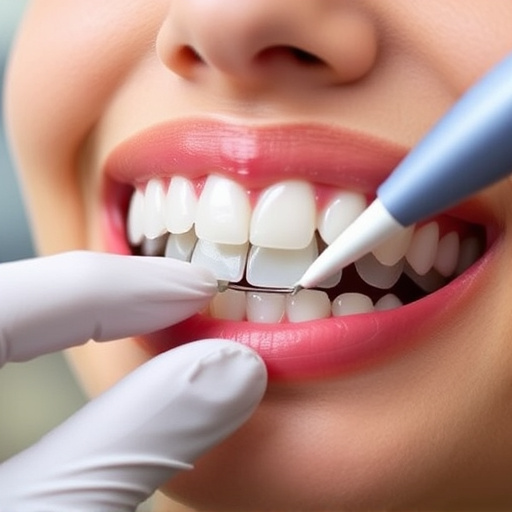
Dry mouth solutions are a crucial aspect of maintaining good oral health, especially for those experiencing chronic xerostomia (dry mouth). Beyond the discomfort of a sticky sensation and dry lips, dry mouth can also lead to bad breath and even tooth decay if left unaddressed. Exploring effective dry mouth solutions is essential to alleviate these symptoms and prevent further dental issues.
Regular hydration is a foundational solution, ensuring you stay properly hydrated throughout the day. Additionally, sugar-free gum or candies can stimulate saliva production. For those with medical conditions or certain medications causing dry mouth, consulting a general dentistry practitioner might be necessary. They can recommend specific products like artificial salivary glands or provide insights into managing symptoms through routine oral exams and emergency dental care as needed.
Long-Term Care and Prevention Strategies
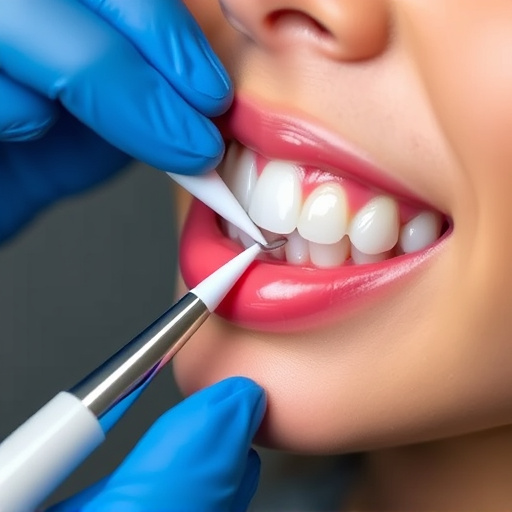
Dry mouth solutions are essential for long-term care and prevention strategies. Regular oral hygiene practices, such as thorough teeth cleaning and dental bonding, play a crucial role in maintaining fresh breath and alleviating the sticky sensation. By addressing dry mouth, individuals can prevent an array of oral health issues, including gum disease, tooth decay, and even the need for wisdom tooth removal.
Additionally, staying hydrated is vital to combating dry mouth. Drinking plenty of water throughout the day helps moisten the mouth and support saliva production. Certain lifestyle changes, such as reducing caffeine intake and avoiding excessive alcohol consumption, can also contribute to a healthier oral environment. These simple yet effective strategies work in tandem with regular dental check-ups to ensure optimal oral health and eliminate persistent bad breath.
Dry mouth can significantly impact oral health and overall well-being, but with the right approach, it’s manageable. By understanding the causes and effects of dry mouth, individuals can explore effective solutions like sugar-free chewing gums, oral hydration products, and even prescription medications. Additionally, long-term care strategies such as regular dental check-ups and proper hydration can prevent and mitigate symptoms. Implementing these dry mouth solutions will not only reduce bad breath and sticky feelings but also contribute to a healthier, more comfortable daily experience.









